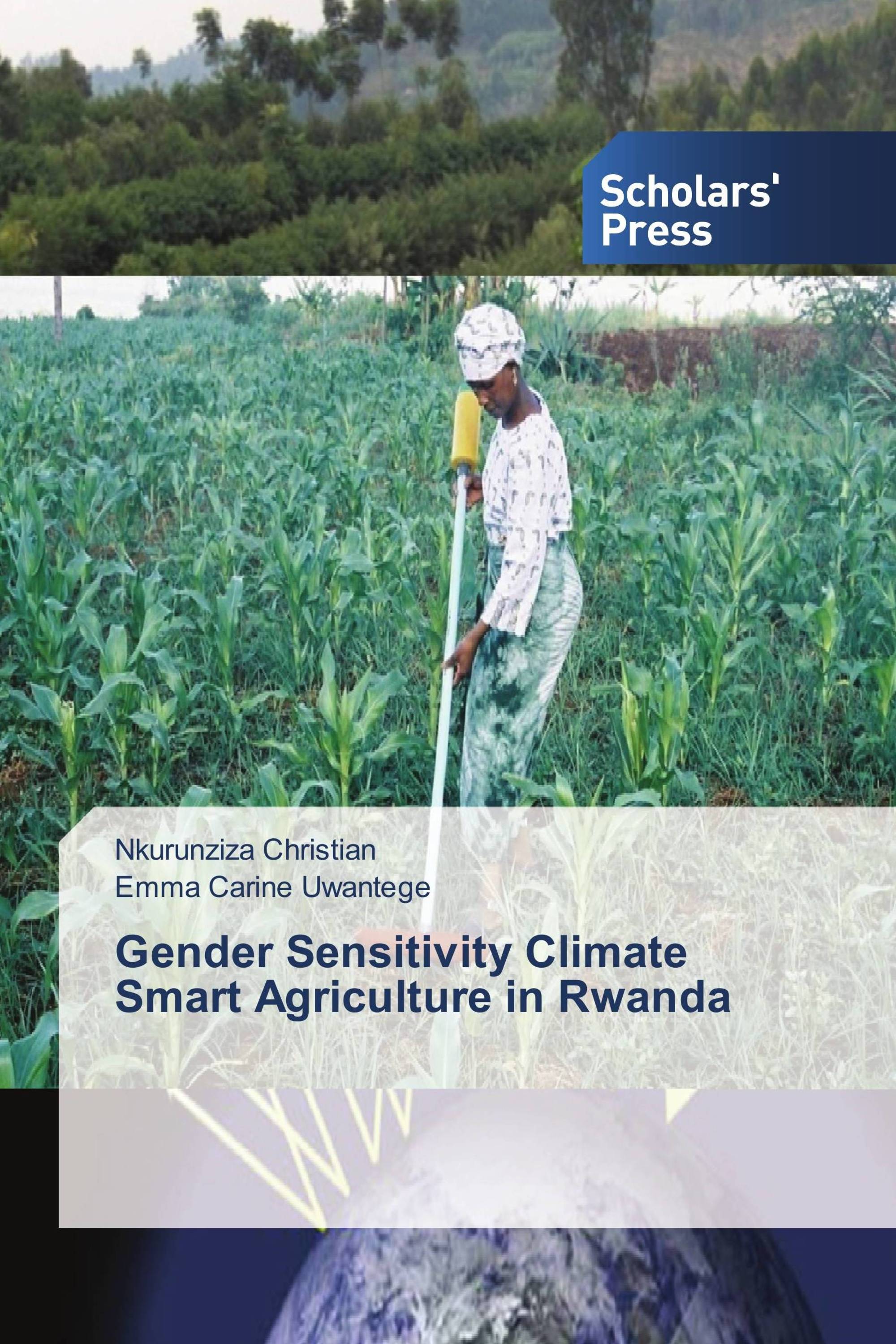Gender inequality can be a hindrance to adaptation measures to climate change, including the adoption of climate-smart strategies. Climate change is a global challenge and a particular challenge for Rwanda whose economy is dependent on agriculture. However, the government of Rwanda is committed to climate change mitigation and adaptation as provided in various legal, policy, strategy and institutional frameworks. Both Vision 2020 and Economic Development and Poverty Reduction Strategy (EDPRSII) consider environment/climate change and natural resources as crosscutting issues. In the vision 2020, Rwanda is worried of the imbalance between the population growth of 3% per annum during the 80's to 90's period compared to agricultural production growth (2.2%) which led to the occupation of more marginal areas and to the rapid and continuous soil degradation of the fragile ecosystems of the country. Although the word climate smart agriculture was still unknown or unutilized but the government of Rwanda has committed to its promotion some years back through the ratification of the United Nations Framework Convention on Climate Change (UNFCCC) in 1998 and later the Kyoto Protocol in 2003
Book Details: |
|
|
ISBN-13: |
978-620-2-30049-0 |
|
ISBN-10: |
6202300493 |
|
EAN: |
9786202300490 |
|
Book language: |
English |
|
By (author) : |
Nkurunziza Christian |
|
Number of pages: |
80 |
|
Published on: |
2017-08-16 |
|
Category: |
Agriculture, horticulture, forestry, fishery, nutrition |
